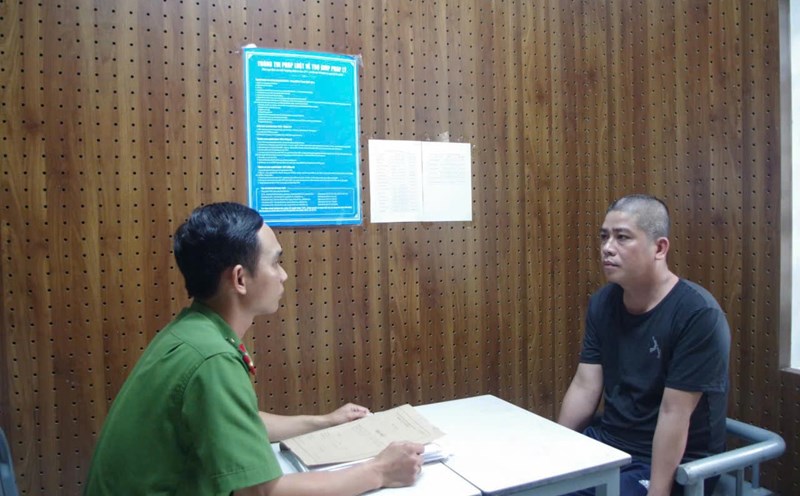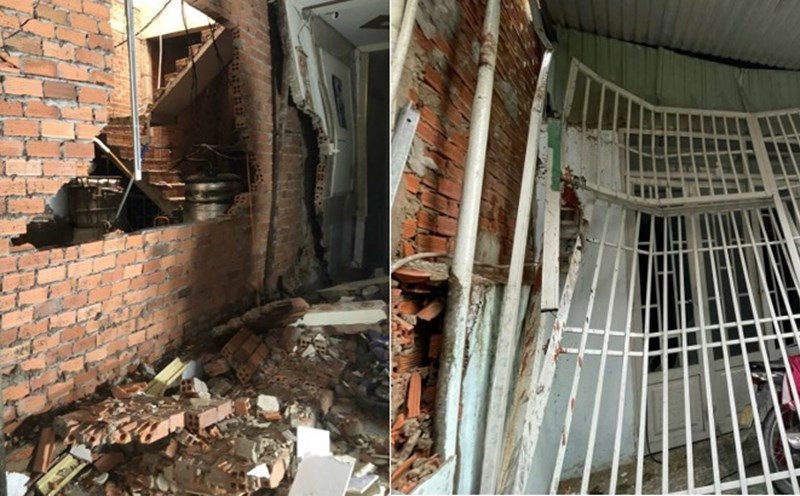1. Thirst
For people with diabetes, high blood sugar levels will cause plasma osmotic pressure to increase, thereby causing symptoms of thirst at night.
2. Hungry
Most diabetics have insulin resistance or inadequate insulin secretion. In this case, even if the patient has a high blood sugar index, they still have difficulty using blood sugar because insulin cannot work, leading to feelings of hunger.
At the same time, the higher the blood sugar level, the more difficult it is for the person to use glucose. So the body will consume more fats and proteins, which will also cause hunger.
3. Increased frequency of urination
There are three main reasons for increased frequency of nocturnal urination in diabetics.
First, high blood sugar can cause osmotic diuresis. When blood sugar levels are high, solutes in the renal tubules and collecting ducts increase, reducing the amount of water reabsorbed by the kidneys, leading to increased urination frequency.
Second, diabetics themselves are easily thirsty, leading to drinking a lot of water. This will inhibit the secretion of antidiuretic hormone, which can increase the frequency of urination.
Third, poor blood sugar control can damage the kidneys, reducing the kidney's ability to reabsorb water, leading to increased urination.
4. Dry skin
High blood sugar can cause symptoms of dehydration and dry skin.
Additionally, if diabetics have poor blood sugar control over a long period of time, peripheral nerves will be damaged. This can cause dermatitis, dryness and scaling.











